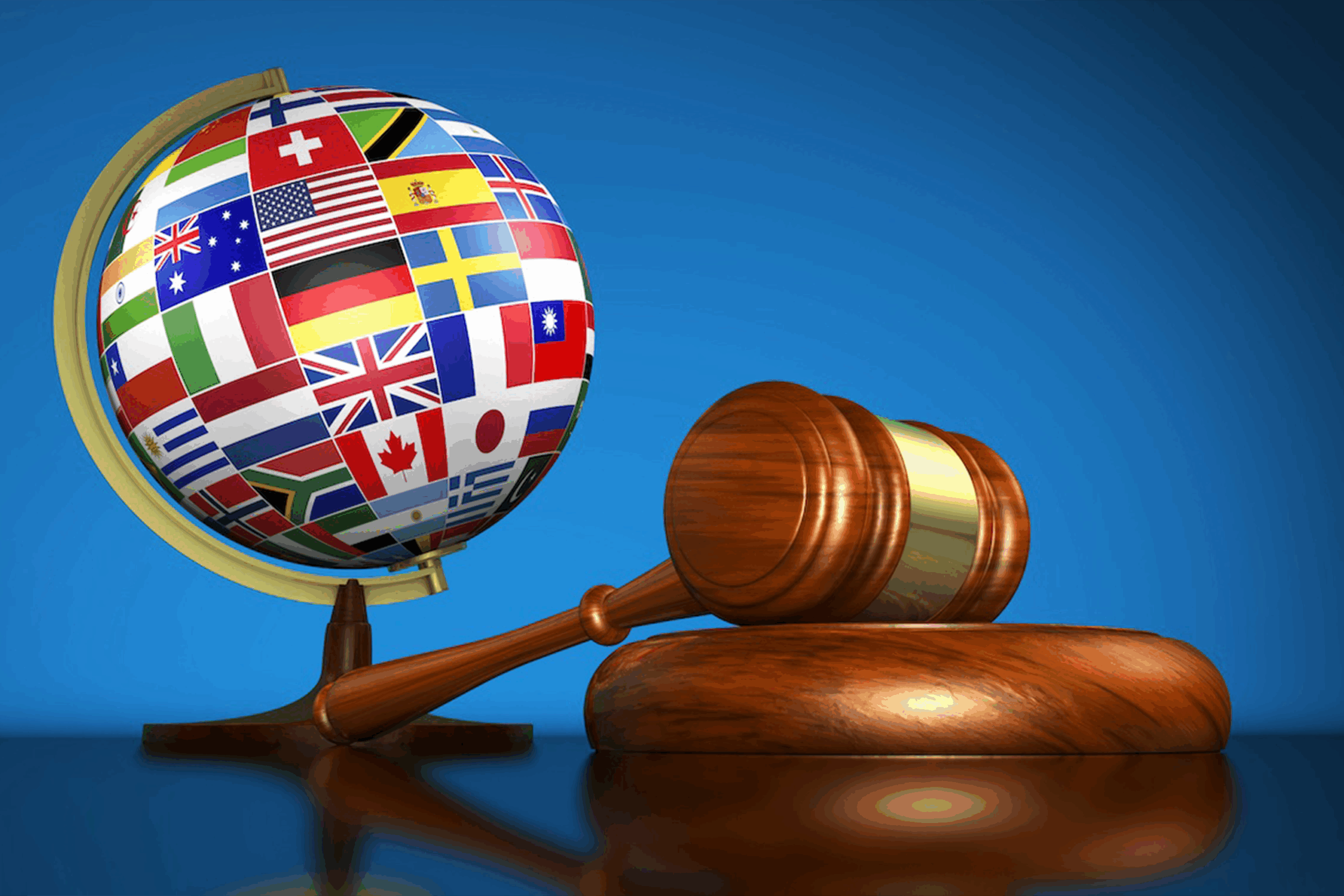The concept of a ‘rules-based international order’ has long been a cornerstone of global diplomacy, suggesting that laws govern power. However, the reality is starkly different: power has always dictated the rules, often reshaping them to suit its interests. Today, this dynamic is no longer concealed; the alteration of rules occurs openly, with few feigning surprise. From the Treaty of Westphalia in 1648 to the United Nations Charter in 1945, the principle of sovereign equality among nations has been more aspirational than actual. Legal sovereignty—the right to be free from interference—is universally proclaimed, but political sovereignty—the ability to act independently—remains the privilege of a few. Small and powerless nations have long understood this disparity through experience, not theory. The current global landscape is marked by a blunt exercise of power, where multilateral commitments are treated as conveniences, treaties are optional, and international courts are ignored. This shift is not about achieving objectives but about discarding pretenses. For small states, sovereignty is not a tool to dictate but a fragile shield of defense—a space to choose partners, legislate priorities, and speak truths. When this space contracts, their independence becomes ceremonial rather than substantive. The Caribbean Community (CARICOM), once declared a Zone of Peace by visionary leaders, now faces threats from external military intrusions justified under the guise of security. Former Jamaican Prime Minister P. J. Patterson warns that such actions erode sovereignty and regional autonomy. The paradox of small states lies in their dependence on international law, which they are powerless to enforce when ignored. Sanctions, trade restrictions, and underfunded human-rights mechanisms further marginalize them. The so-called ‘new world order’ is not new but a candid admission of the old hierarchy, where might makes the rules. For small nations, sovereignty may soon mean little more than managing domestic affairs without offending powerful interests. Yet, the response must not be withdrawal or despair but a steadfast insistence on the language of law and principle. The Caribbean’s security and prosperity have long benefited from principled partnerships with larger democracies, and these must remain within the framework of law. The challenge is not to submit to a power-dominated order but to prevent the old hierarchy from becoming unashamedly permanent. When law is silenced, equity collapses, leaving the powerless helpless. Caution and courage are now imperative.
